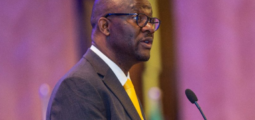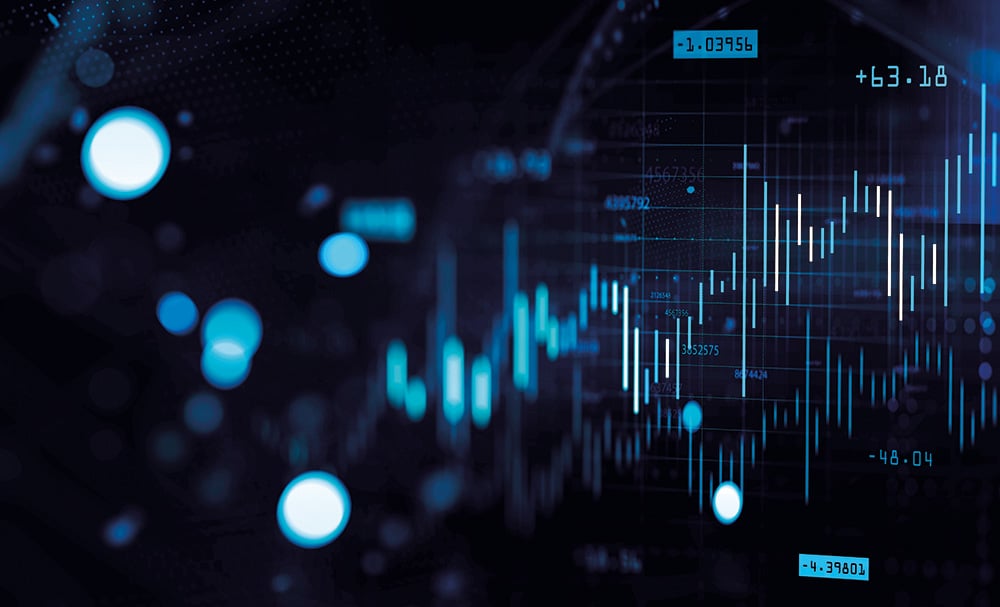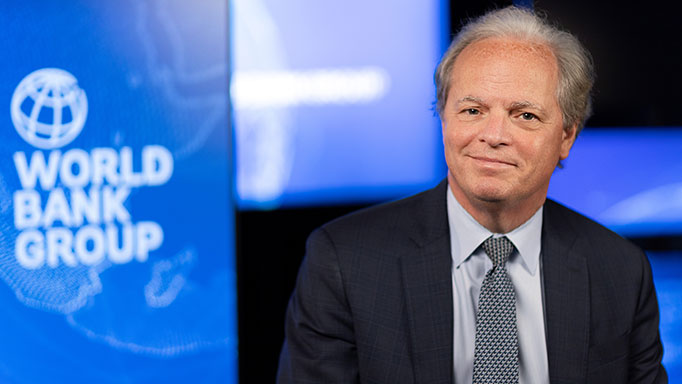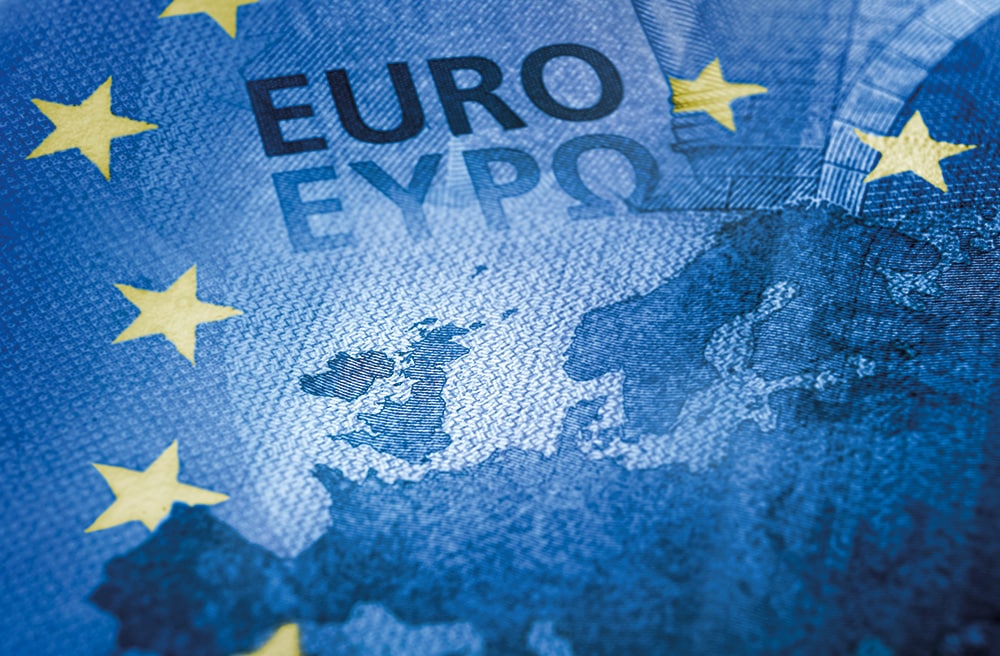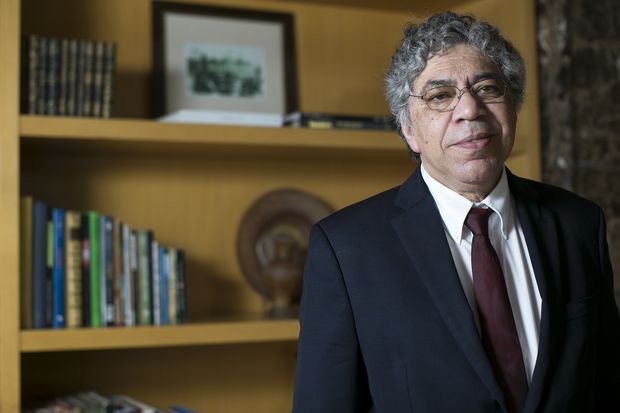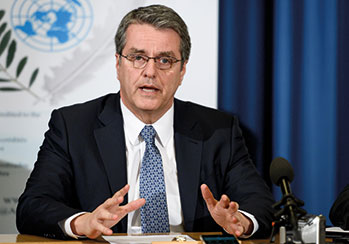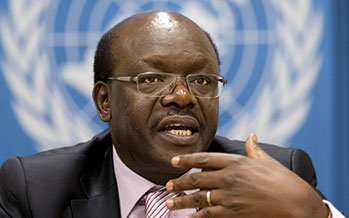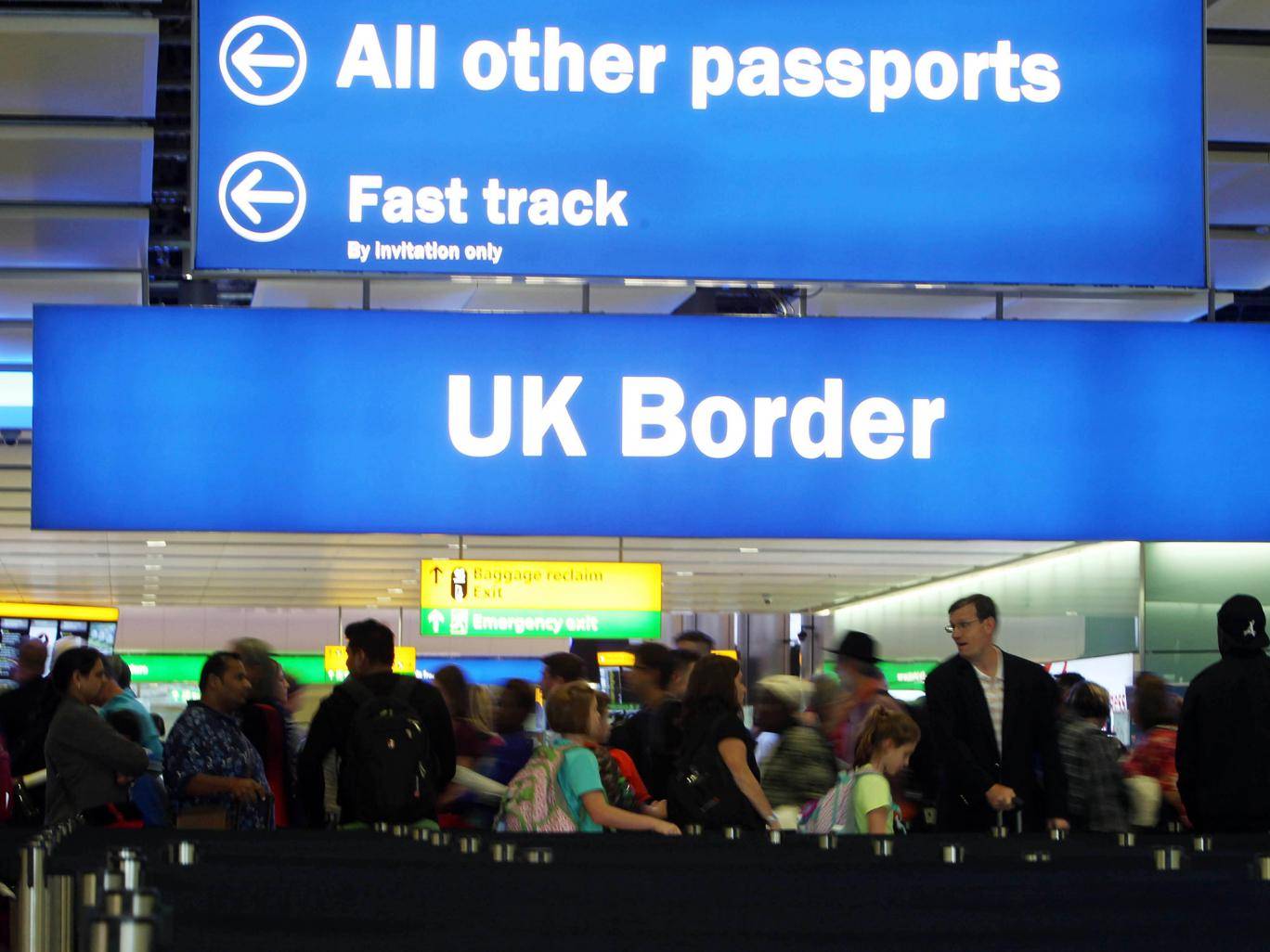[vc_row][vc_column][vc_column_text]
World Trade Organization
In 2020, The World Trade Organization (WTO) celebrates its 25th anniversary with 164 member countries now representing 98 per cent of world trade. WTO agreements have made between the great majority of nations to help producers, exporters and importers conduct their business smoothly and equitably. The WTO sees itself as an organisation to open trade, a forum for governments to negotiate agreements and a place to settle trade disputes. Its creation, on January 1 1995, was the most far-reaching reform of international trade since the end of World War II. The WTO is the successor to The General Agreement on Tariffs and Trade which was concluded between 23 countries two years after the end of World War II and ran until the Uruguay Round Agreements established the WTO. The original GATT text (1947) remains in effect - subject to subsequent modifications – under the WTO framework. While GATT was concerned exclusively with the trade of goods, the scope of the WTO extends to services too: a critical aspect of modern-day commerce. The WTO budget is funded by member countries in proportion to their share of international trade. Governments wishing to join the WTO are required to frame their economic and trade policies in accordance with WTO rules and negotiate terms of entry. The organisation is headquartered in Geneva and its budget for 2019 was 197 million Swiss Francs. The head of the WTO is its director-general Roberto Azevedo who was appointed for a second four-year term in September 2017.
[/vc_column_text][/vc_column][/vc_row][vc_row][vc_column][vc_column_text]











































































